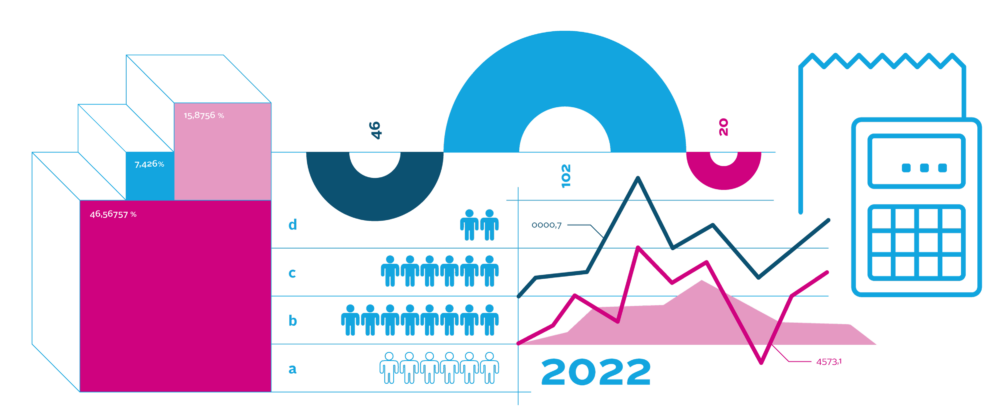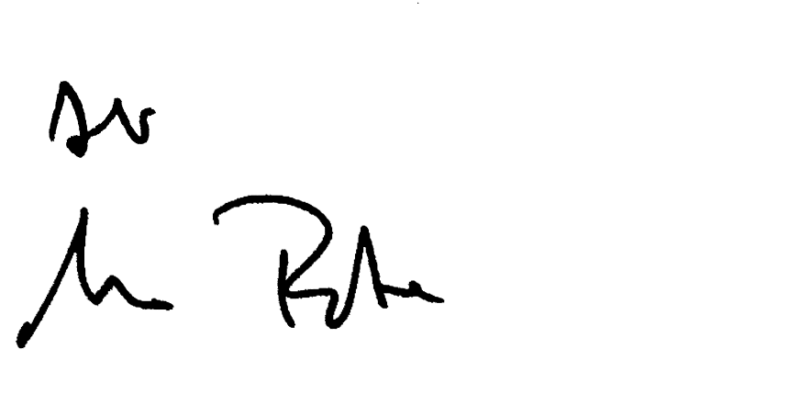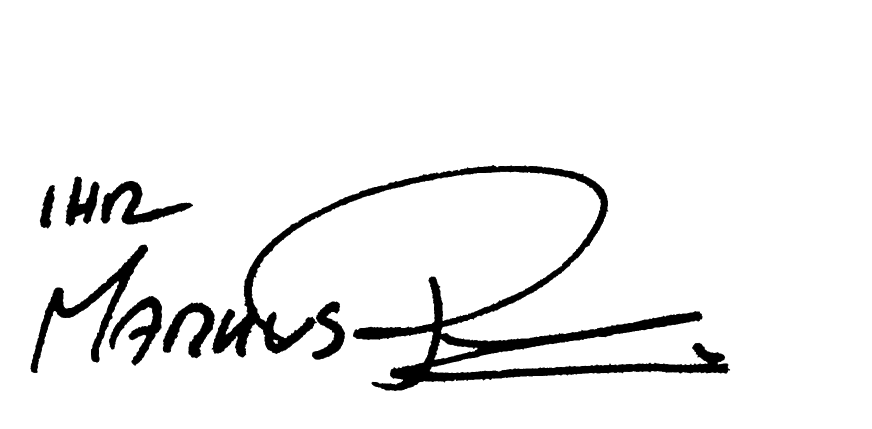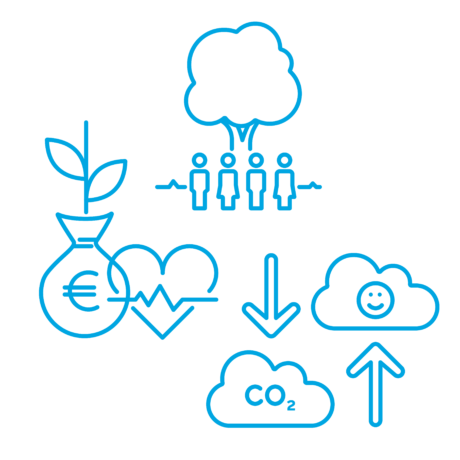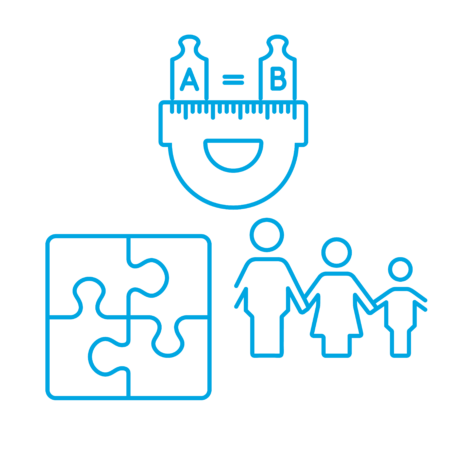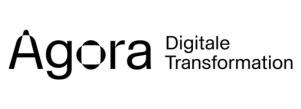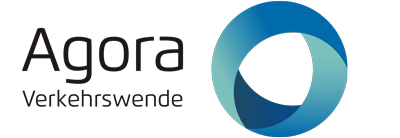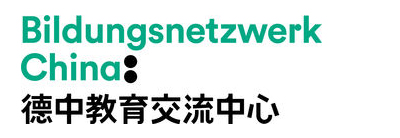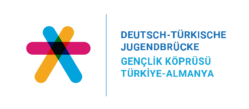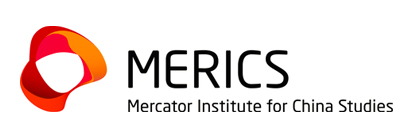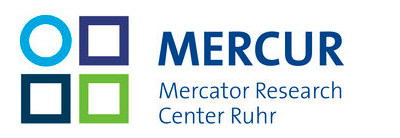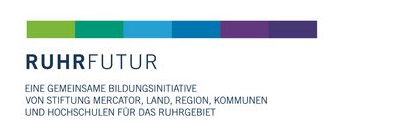Europe in the World
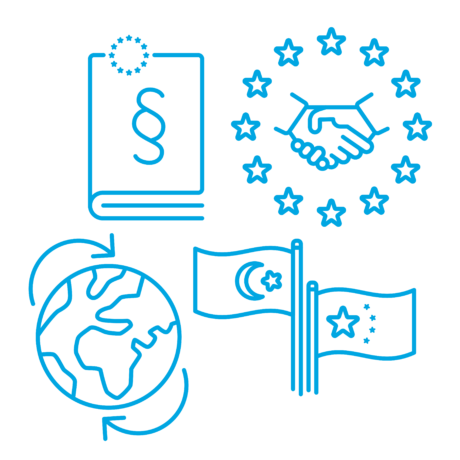
The widening of Russia’s war of aggression against Ukraine has implications for all of Stiftung Mercator’s thematic fields. However, the questions it raises for Europe in the World are more fundamental than for any other centre: Russia’s nationwide attack of Ukraine not only constitutes a blatant violation of a core principle of international relations, namely the sovereignty of a state. It also heralds a departure from the fundamental values of an international order in which peace was guaranteed by mutual dependencies, and economic, industrial and cultural ties were accepted despite different forms of governance and state.
We must understand that the European security order, which has been in place since the fall of the Berlin Wall and the collapse of the Soviet Union a good 30 years ago, is no longer in place. Russia’s aggressive strategy in Ukraine is characterized by a deliberately imperial, antiliberal and anti-Western ideology – with serious consequences for the European and international order.
2022 thus marked the start of a strategic reflection on the premises, objectives and intended impacts of our work in Europe in the World. The changing international order is the starting point for our modified strategy, details of which are now available on our website.
Based on a new and inclusive European self-image, we have already been able to initiate new projects, e.g. with the International Institute for Strategic Studies, the Global Public Policy Institute and the German Council on Foreign Relations, which engage with Europe’s alliances and interests. By continuing our strategic cooperation with the Istanbul Policy Center at Sabancı University and our funding of contemporary Turkey research at the Centre for Applied Turkey Studies at the German Institute for International and Security Affairs, we have stepped up our focus on Turkey.
Working in China has become more difficult as a result of the coronavirus pandemic and against the backdrop of domestic policy developments. The spaces for transnational dialogue and cooperation activities have been restricted by law, ideologically oriented and embedded within security policy. We wish to explore how we can ensure that the work we pursue in our second area of regional focus also remains effective in future.

